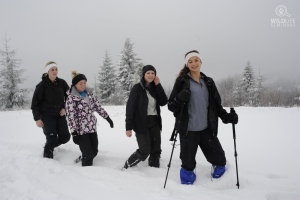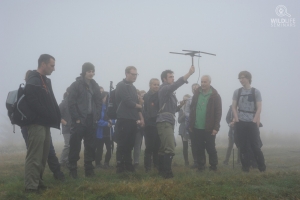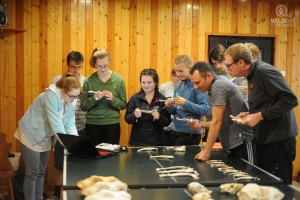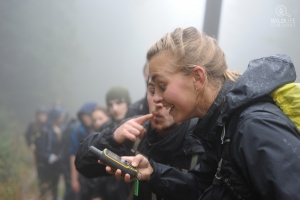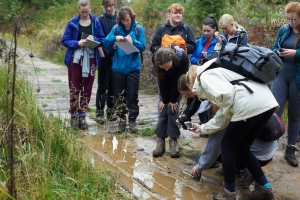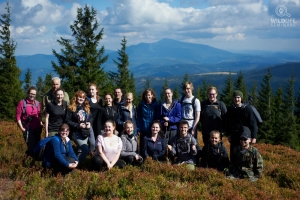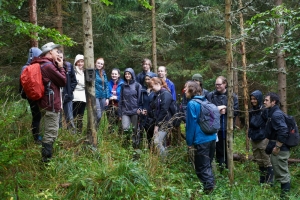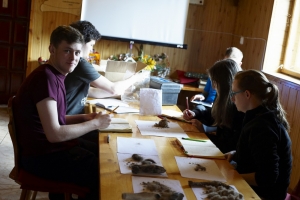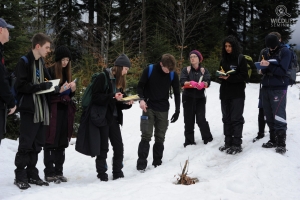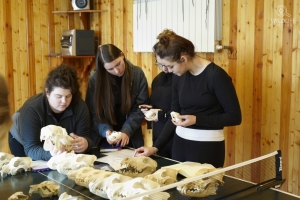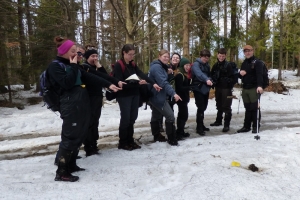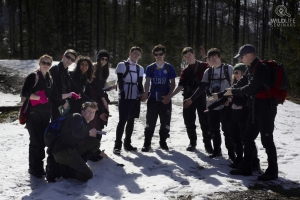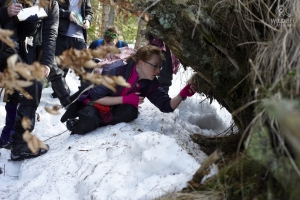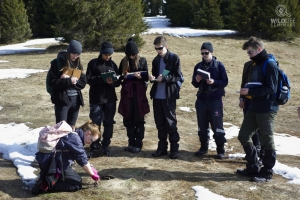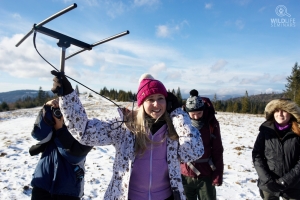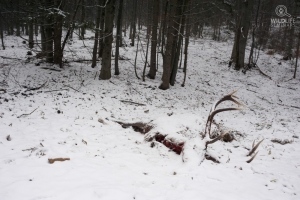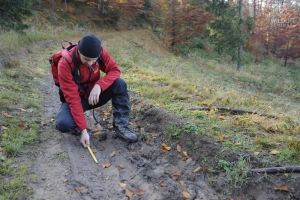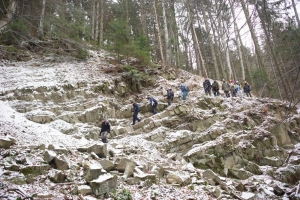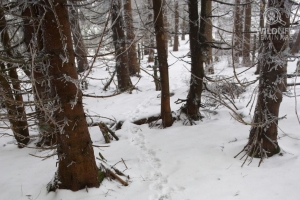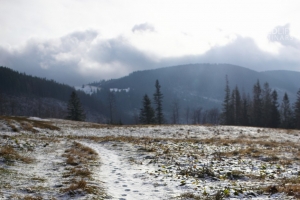Seminars
If you enjoy spending your holidays marvelling at the wonders of nature and have an interest in large carnivores, such as, bears, wolves and lynx, then the Polish Beskidy Mountains is the place for you! You will get the chance to explore the secret lives of some of the most fascinating and formidable carnivores in Europe, experience picturesque landscapes and stunning architecture, and submerse yourself in local culture.
We offer bespoke trips for groups and individuals. The focus of these trips ranges from large carnivore tracking, to concentrating on a single species such as: bats, deer, wolves, lynx and bears. Trips can range in length, from 4 to 7 days, depending on your requirements. Your time will be spent in the Polish Beskidy Mountains, the wildest part of the Polish Carpathian Mountains. Here you will track large carnivores and other wild mammals, such as deer a wild boar. Our team of experienced biologists and trackers will teach you all you need to know so that by the end of the trip you’ll be able to track by yourself (not that you’ll have to!). You will follow the tracks of wolf packs and find other evidence of these elusive and mystical creatures, from pray remains to scats to dens. If you join us during summer or autumn it is possible to venture out into the forest to listen to the roaring of red deer and the mournful but enchanting howls of wolves.
We can also provide a range of fascinating lectures which will enhance your knowledge of animal tracking, human-wildlife conflict and the behaviour and ecology of wolves, lynx and bears. For students, there is also the opportunity to undertake mini research projects during your stay.
You will typically cover 10-20 km (6-12 miles) per day, some of which will involve steep assents and descents. Although you will travel along some forest roads and tourist paths, the majority of the tracking will involve going off-piste. For this reason it is recommended that individuals have a good level of fitness. Depending on the time of the year (November – March) there may be snow cover. As a result, snow snowshoes may be necessary. These will be provided by the organisers.

